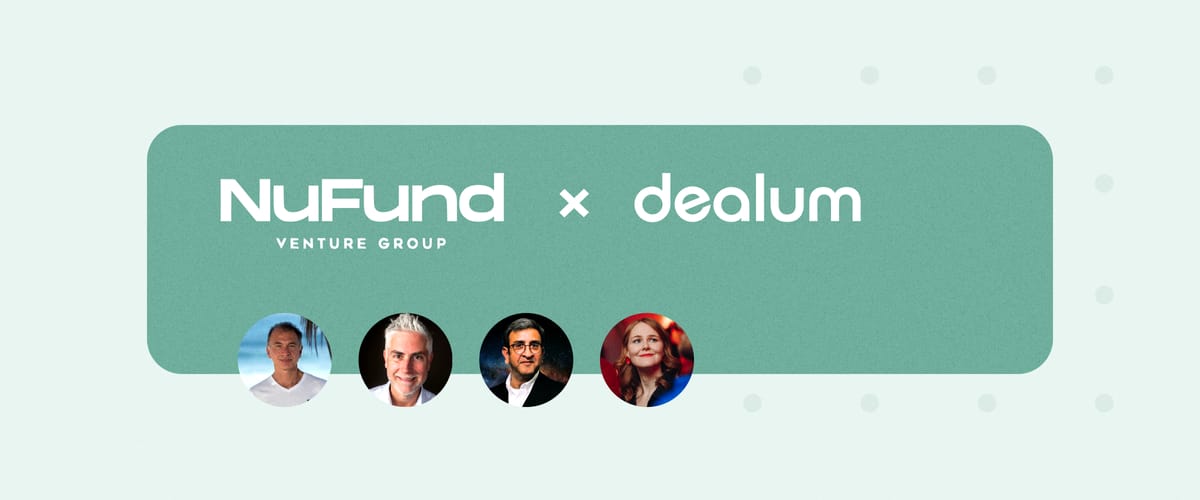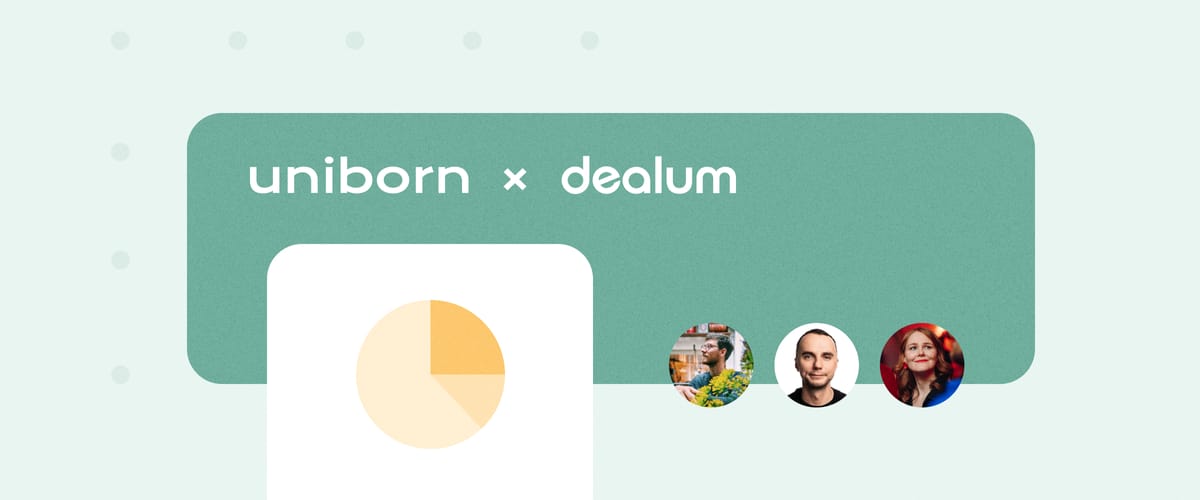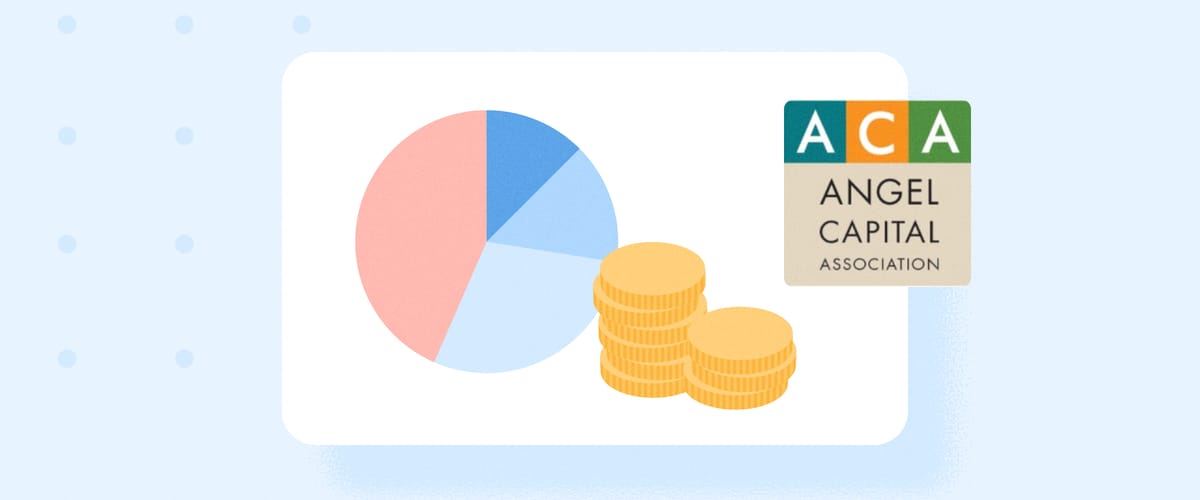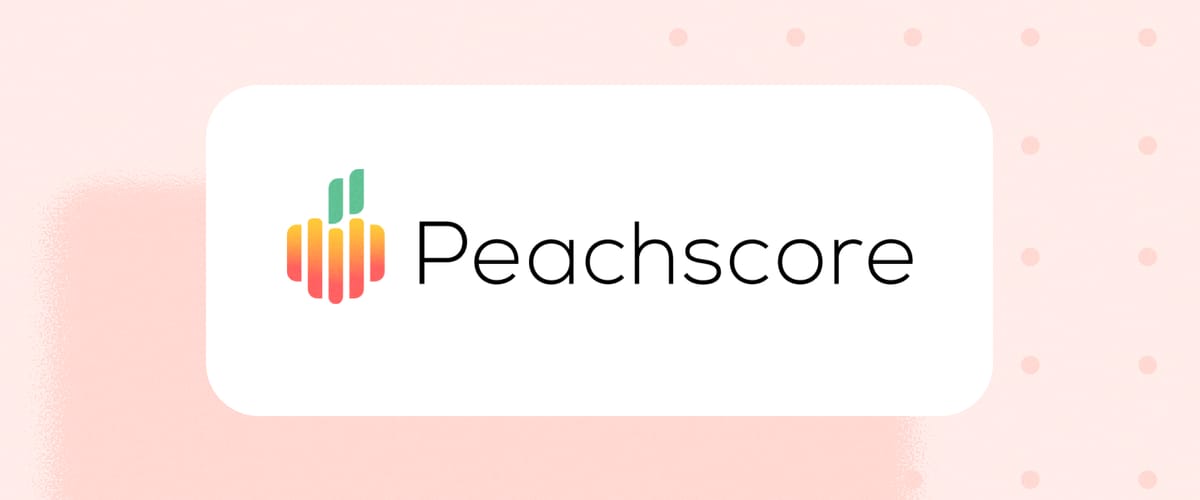The capitalisation table is one of those basic fundraising documents that is often overlooked by the founders. It can look deceptively unimportant compared to all other information they are expected to present. The cap table keeps track of who owns how much of the company and in the early stages of the company, it is usually a very simple and straightforward list of names and numbers. Yet there is much more to this humble table than meets the eye.
Studies have shown that founders spend less than an hour dividing the shares when starting a company because at that point there is not yet much to divide and it can be an uncomfortable topic. The following funding rounds, creation of the option pool, and using shares as a compensation mechanism can potentially lead to a very complex cap table. If not handled with care, it may negatively impact both the motivation of the founders as well as the fundraising ability of the company.
This article is for the founders who have less experience in maintaining a cap table, dividing shares, and bringing in their first investors. Here are our three main takes on what to keep in mind and which common pitfalls to avoid when shares are being discussed.
1. Get off on the right foot
Before registering the company, the founders need to decide how they share ownership between themselves so that everyone feels motivated. There is no right or wrong answer on how to do it; the shares can either be divided between all founders equally or some roles can be given more shares than others. Either way, the decision needs to have an explanation that makes sense to everyone involved. All founders should feel that they got what they wanted and understand the responsibility that comes with the shares — they are no longer an employee, and being an entrepreneur needs a different mindset.
The most important during this process is to keep people that shouldn’t be there off the cap table. A halfhearted effort should not give a place on the cap table, otherwise, the lack of commitment and side projects will bring problems, sooner or later.
Each founder who gets company shares must be 100% committed to the startup.
When choosing an asymmetrical division of shares between the founders then the key is to reward more effort. For example, the CEO should get at least 5% more shares because their role has the most responsibility and pressure. Also, the person whose energy drives the company should get more shares — for example, a CTO who is the author of the core technical solution but does not want to be the leader.
If the company divides shares equally then it’s very important that everyone feels they’re putting in an equal amount of energy and have equally good skills. If one puts in more or has much more experience than the others, things will get out of balance. In this case, the team members must have excellent relationships with each other and know how to handle conflicts to make it easier to solve the problems.
More shares also mean more weight when voting at shareholders’ meetings, but the situation where founders need to cast a shareholder’s vote on something is quite rare. Founders commonly get into heated arguments or conflicts during daily operations, but if things have gone so wrong that shareholder voting is the only option then the situation and relationships have gone beyond repair.
2. Keep the table tidy
Passive founders are a common sight on the cap table as startup life is an intensive ride and a founder can feel that they are no longer interested or capable of running the business.
When someone is leaving the company, they also need to leave the cap table.
This is not an easy conversation to have and usually requires negotiations. The leaver must either give away their shares or sell them back to the company at an acceptable price. The problem is, people are very fond of the shares they’ve received and don't want to give them back. It doesn’t mean that the conflict is inevitable — the better the relationships between shareholders, the easier it is to solve the situation in a way that everybody wins. It helps if values and goals other than money are shared within the founding team.
The shareholder leaving by own choice is usually considered a good leaver according to the Shareholders Agreement (commonly referred to as the ‘SHA’, this is something every startup company should have from day one). A good leaver offers investors or other founders to buy their shares and if there are no buyers, they will keep the shares. Investors who notice passive shareholders often offer to buy their shares to fix the cap table, usually at a rate of 2-3 times less than what they would pay at the valuation price. Of course, if someone has under 5% of the shares, getting them out of the cap table is probably not worth the trouble.
To lessen the passive founder problem, it’s recommended that the founders agree to earn their shares gradually over time (this is called ‘vesting’). For example, if it’s agreed that the full amount of shares will be received after three years and one founder decides to leave after only one year, this person will get ⅓ of the total meant for them. Even though it is difficult to talk about leaving, especially at the beginning when everyone is very motivated, it is very beneficial and can help prevent much hassle later. Talking about it only gets more difficult over time - it is a much easier discussion when there is nothing to share.
3. Plan for the future
Companies tend to make the most mistakes when bringing in their first investors. There are two extremes: they give the shares away very generously, or they are too stingy. The last one is easier to fix because you can always give more, but you cannot take away shares. What young companies usually forget is also to consider the future investment rounds. The first investment has the most significant effect on the later stages.
Giving 20% to the first investor who puts in a considerable amount of money and believes in the founding team does not feel a lot. But when you consider the amount the company needs to raise in the next round and how much is expected in return, it does not make sense anymore. The first angel investment should not exceed 10-15% ownership. Otherwise, the valuation is either too low or the investment too small.
The cap table needs to be balanced between the investors and the founders.
Founders should own about 50% of the company when raising the A-round. If it's less, it means they have given away too much. When after several rounds the founder discovers they only have, for example, 7% of the company left, it will be difficult to keep the motivation high — what is the point of having this much pressure if the payout is not worth it? It would be much easier for them to sell the shares, but this is not in the interest of the investor. Professional investors very rarely want to run the business themselves.
Another mistake to avoid is giving shares to somebody who offers only sound advice and industry contacts but no money. This will lead to a messy cap table. There should be only two ways to get a place on the cap table — money or full attention in the form of working hours. There is no room in the cap table for social capital. This does not apply to accelerators who ask for shares because they have a much bigger network and can provide more support compared to individuals.
Each investment round should be kept to a maximum of 10-15% of the shares being offered. If a startup has a clear idea of how much money they need, they can calculate the required valuation and vice versa. How successful they are in their fundraising depends on how the math adds up.
Recap
Above all, the founders must have aligned values and friendships. A cap table is just a tool to divide equity, but relationships help people reach the actual payout moment. Nevertheless, it is important to be aware of the risks associated with shareholding and address the potential problems early on.
The best way to maintain a cap table is to use specialised software. After several investment rounds on various terms, the investors' and employees' options form a complicated matrix that is difficult to comprehend. The cap table must include each round's investment terms and information about different types of shares. For example, some investors have the right to get their investment back in priority order and some shares are divided into preference shares and ordinary shares.
Is the cap table public information or not? It depends on the country-specific regulations. Cap table is important for investors because they want to know the people who run and own the company, hence they will always ask for it. It’s often the case that in later rounds the cap table becomes very complicated and companies don't want to share it anymore. But there is not much point in trying to hide the information considering that investors usually know about different deals within their network and also the fact that eventually, all shareholders' names can be seen from the contract the investors sign.
On the Dealum platform, startups can upload their cap table in two ways — together with an application or as a funding round document. The first one is visible to everyone who sees the application and the second one gives the option to restrict visibility to only those who have shown interest and joined the deal. More information about the funding section is available here.
Bonus: useful terminology
Common shares - Common shares, also called ordinary shares, are stocks sold on a public exchange. Each share of stock generally gives its owner the right to one vote at a company shareholders' meeting. Unlike in the case of preferred shares, the owner of ordinary shares is not guaranteed a dividend.
Convertible note - a way for seed investors to invest in a startup that isn't ready for valuation. It starts as short-term debt and is converted into equity in the issuing company. Investors loan money to the startup and are repaid with equity in the company rather than principal and interest.
Equity grant - also referred to as equity compensation, is a non-cash payment provided to someone. Essentially, the receiver is being granted equity in something.
Preferred shares - Preferred shares (also known as preferred stock or preference shares) are securities that represent ownership in a corporation and that have a priority claim over common shares on the company's assets and earnings. Holders of preferred stock are also prioritised over holders of common shares in dividend payments.
Sign up today
Create your company profile on the Dealum platform to find investor groups accepting fundraising applications right now
Sign up








